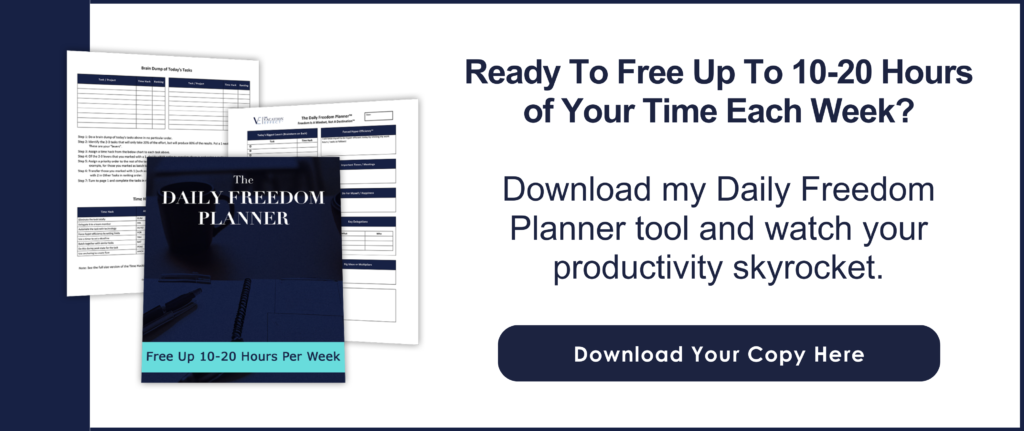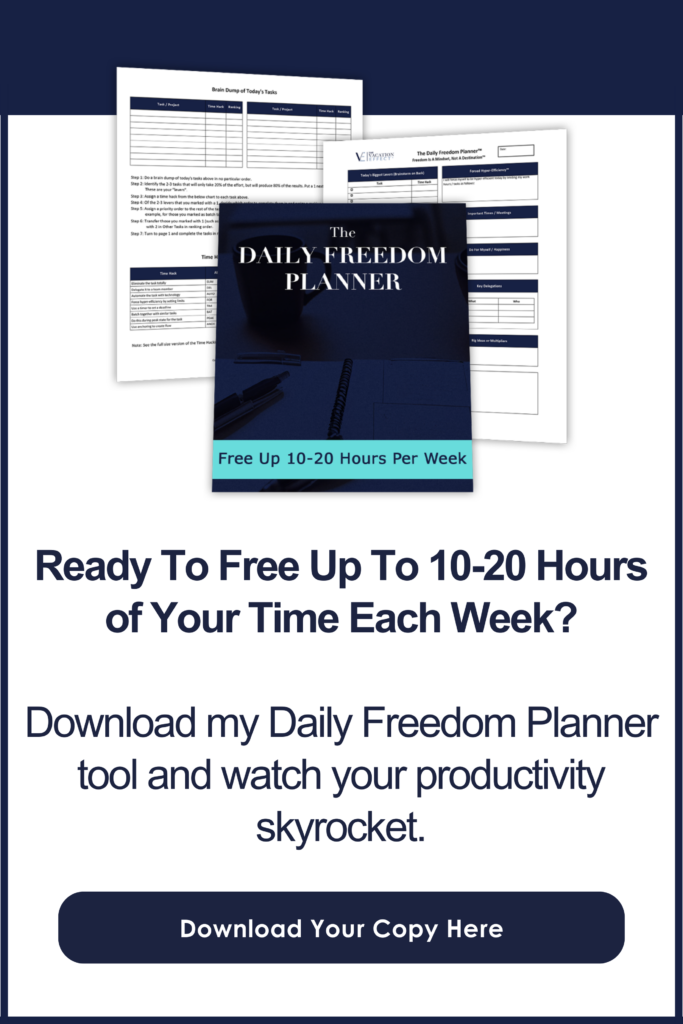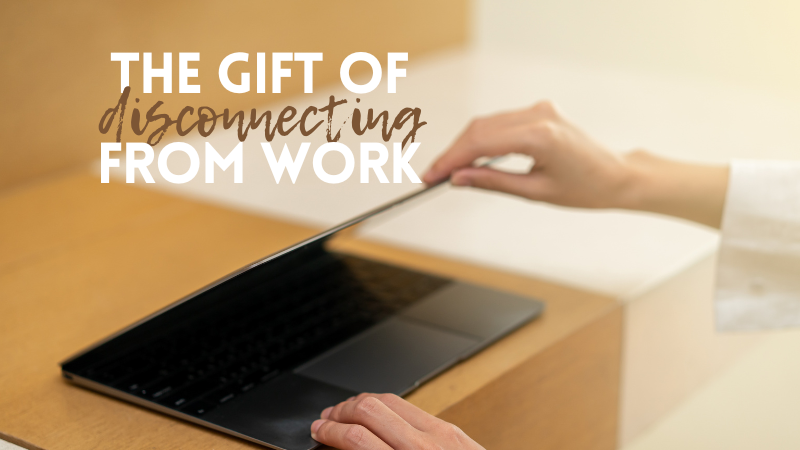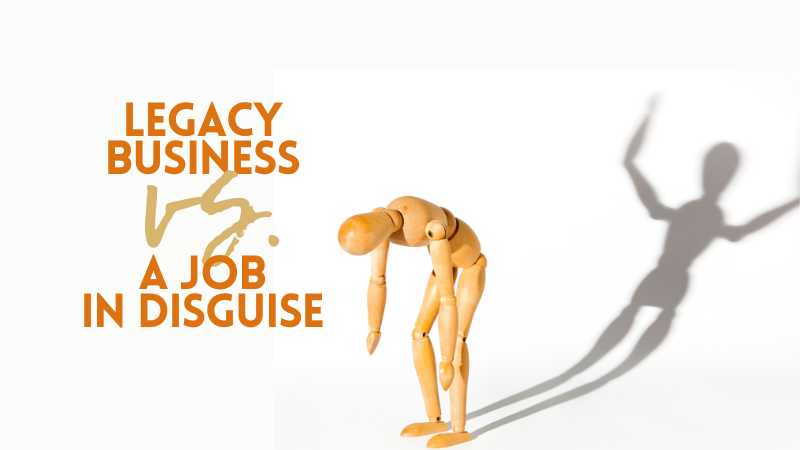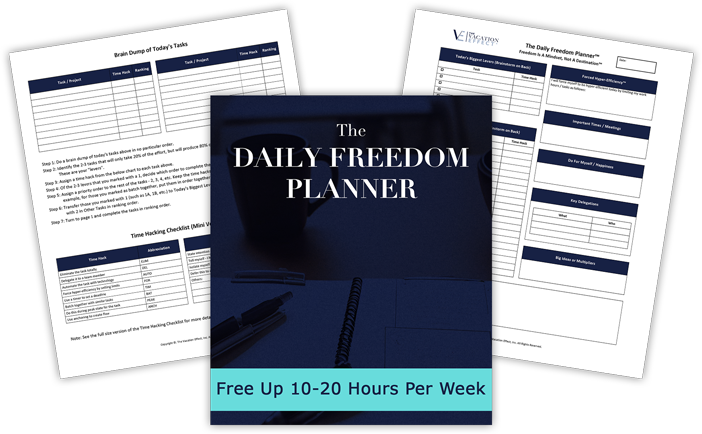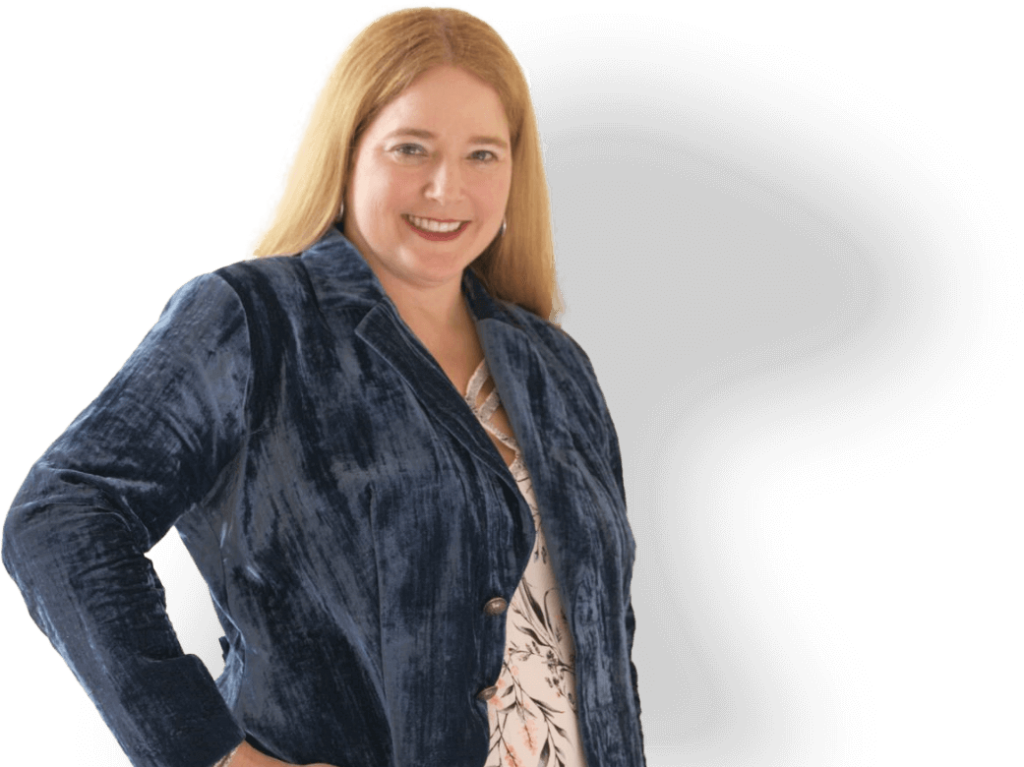This past July, I was honored to be the featured speaker at the Maverick 1000 annual summit that was held in Tuscany, Italy for 2022. This amazing event is a gathering of some of the most successful business leaders on the planet, where we talk about what it means to be successful, and most importantly, what it means to enjoy that success.
Because let’s face it, both you and I know that business success alone doesn’t guarantee satisfaction. There are far too many unhappy business leaders out there that don’t know how to enjoy their time or their money. And that’s a problem.
In my presentation, I shared what I know about “Living the Sweet Life”, or what’s known as “la dolce vita” in Italian, because I believe the sweet life is accessible to everyone. In order to get there, though, we’ve got to change how we’re thinking, especially how we’re thinking about work.
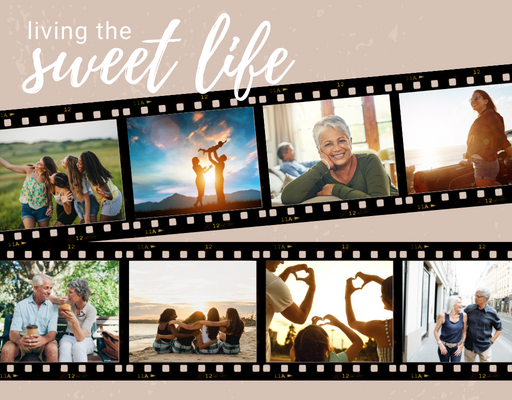
And because I think it’s important that all entrepreneurs, every one of us, should get a chance to choose the sweet life, I’m going to share with you what I shared with them. It’s going to challenge you. It’s so different from what you’ve been taught is the “right” way to do things, it might even shock you. But if you give these foundational principles a chance, they have the power to permanently change the way you work and the way you live.
What does it mean to live “la dolce vita” or the sweet life?
I believe the sweet life is a state of being, a way to live no matter how much money you have or how many ups and downs come your way. It means looking at life through a lens of joy and gratitude, it means letting ourselves really live right now, and it means choosing freedom again and again. I’ve discovered 5 key principles that define the sweet life and that can help you start designing your own la dolce vita today.

Key 1: Adopting the Freedom Mindset
We all know how easy it is to put off our happiness until some later time. But do you know something else we push farther down the road? Our freedom. And because freedom and happiness go hand in hand, we’ve got to stop believing we’ll be free “one day” when we have enough money, love, time, fill-in-the-blank.
Freedom is a mindset, not a destination. It’s a decision you make about how to live, and it doesn’t really matter how much money you have or don’t have. We’ve all heard the stories about unhappy billionaires, miserable lottery winners, and overachieving entrepreneurs with terrible relationships. The reality is, you become free when you decide that’s the most important thing you want to be, when a life filled with lots of freedom becomes the life you choose to live.
And I’m going to tell you how to get to that place of freedom without sacrificing your income or your time. In fact, a freedom lifestyle gives you more of both of those things, along with the ability to really, truly enjoy them.
And while we’re talking about freedom, let’s talk about freedom from the obligations of others. I used to be one of those people who would drop whatever I was doing to answer someone’s email or to take on someone else’s last-minute emergency. It scattered my time and made me inefficient and unhappy. You don’t owe anyone that. I’ve figured out how to work an average of 3 days a week, and when someone wants me to handle something outside of those hours, I tell them I’m unavailable. I used to think that would negatively affect my business, but it really hasn’t overall. In fact, it’s increased my productivity because I limit the time that I’m willing to spend on other people’s problems.
Look, in order to be free, you’ve got to stop caring so much about what other people think. You’ve got to stop making decisions to please others or to appease others. Embracing a freedom mindset means making the best decisions you can for yourself and letting those opinions of others go.
Of course, I’m not saying you should totally ignore others, such as your clients and vendors who you have relationships or obligations to. I’m just saying that a lot of the obligations and pressure we put on ourselves isn’t real. It’s in our imagination. As long as we meet what we have agreed to perform for our clients and vendors, we don’t owe them an immediate answer or have a duty to meet every request they may make. That is what I mean by adopting the freedom mindset and freeing yourself from the obligations of others.
Key 2: Experimenting your way to exceptional
Once we’ve stopped worrying so much about other people’s opinions, and we’ve given ourselves permission to adopt a freedom mindset, we’re free to start doing something I like to call experimenting your way to exceptional.
When you aren’t worried about failing or disappointing others, you start to really get to try new things. You can experiment with how you work, what you’re doing, and even who you are. And every time you experiment, you get more information about what works for you and what doesn’t. And more importantly, you learn what makes you happy and what doesn’t.
It’s a process of fine tuning our preferences so our life continues to get better and better. When we engage in experimenting, our lives truly have the opportunity to become exceptional as we listen to our own feedback about how we want to live and what’s working to get us there.
Key 3: Feeling clear on your purpose and integrating that purpose
Do you ever wonder what your life purpose is and how to live it? I know I did, and I spent a long time studying what other people thought that meant, but none of their definitions really seemed right to me. I finally developed what I call the Life Purpose Framework, which is composed of 3 parts.
- Identify your unique and joyful talents. What are you really good at? And what do you love doing? For me, I’m great at solving problems, I love learning new things,and I enjoy helping others. Take some time to list 3 of your main talents that bring you joy.
- Find a Power Word that summarizes these 3 main talents. I use the word amplifier, because I’m able to take in a bunch of noise and output something beautiful that others can understand. Some other ideas are innovator, explorer, catalyst. I recommend you find a word that really feels right to you and best summarizes the 3 qualities you just identified.
- Create your Life Purpose Statement. This goes something like this:
“I am a [Power Word]. I am at my best when I’m [unique talent #1], [unique talent#2], and [unique talent #3].”
Your Power Word and your Life Purpose Statement should feel really good when you say them. And you can use them to make decisions about what you want to do in your business and how you want to spend your time in the rest of your life.
Once you’re clear on what your life purpose is, you can start to envision what I call your Epic Life Plan. This plan describes a life of freedom that’s fulfilling on every level, a life where you live out your life’s purpose in your work and in the rest of your life, a life that brings you joy.
Key 4: Bringing the things that make you happy into the now
Do you love traveling but think you need to wait until you have more money? Have you always wanted to learn a new language but don’t believe you have the time? I call these the “someday maybes” and it includes all the things we’d love to do but keep putting off until a better time.
But guess what? There is no better time than now. And putting off joy not only makes us unhappy now, but it also makes us way less productive. I want you to start including all those someday maybes in your life today. Dedicate time each week or everyday to begin integrating the things you’ve always wanted. You can start small, but you’ve got to start now.

Bringing the things that make you happy into the now is when you make today what you want tomorrow to be. If you want to live the sweet life, I think it’s important to live in integrity with that version of yourself, the one that is fulfilled and happy experiencing the life you want to live.
Key 5: Having Space in your calendar to do what brings you joy
Most business owners build their lives around their business. I’m challenging you today to start building your business around your life. But how do you do that when we live in a culture that is caught up in the grind mentality?
We’ve been brainwashed to believe that the more time we spend hustling, the more business growth will experience. But that just leads to burnout and unhappiness, and it doesn’t make us any better at our work. Entrepreneurship doesn’t have to be a grind, and it doesn’t have to take away the time we want for other things.
I used to work 70-80 hours a week doing work that I hated. I made good money, but I was miserable, and I had no free time for myself or my family. Then disaster struck. On June 20, 2011 I heard a knock at my front door. A fireman informed me that my house was on fire. Then he asked me something that changed how I thought about everything:
“What do you want us to go retrieve for you in the next five minutes before your house is destroyed by fire and water?”
For me, I had them retrieve all the sentimental stuff and not all the expensive things I’d been working so many hours to afford to buy. I vowed from that point forward to spend more time with my loved ones and on the things I really enjoyed in life.
I’ve learned that living this way, making today what I want tomorrow to be, has allowed me to handle my life with so much more grace. Even when something difficult happens, I can handle it because I’m leaving space for joy and freedom in my life every day.
Even though I realized I needed to change my life, I still wanted to be successful. So I started to experiment with just how to go about building my business around my life and having the free time I wanted. I discovered that the times in my life I was most productive was when I was doing what I loved in about 40% less time than I’d been working before.
How did I do that? I started by limiting myself to only working an average of 3 days a week in my businesses. That meant that when I was working, I had to focus to really get things done. I call that forced hyper- efficiency, and it’s one of the foundational principles of the Vacation Effect.
Do you know how you’re always able to get a ton done right before you go on vacation? You can bring the power of forced hyper-efficiency into your everyday work life by intentionally limiting the number of hours you work, and then using the time you’ve freed up to do what you love. To pull this off, you have to build your business around your life. But how?
I’ve defined 3 phases to help you work smarter not harder:
- Get clear on what you want. Are you a workaholic? Are you willing to give that up? Are you ready to make your “someday maybes” your “todays”? Take the time to map out exactly what you want your life and your business to look like.
- Do a hyper-efficiency experiment that allows you to identify your inefficiencies. Set up a limited work schedule and only allow yourself to work during those hours. Then, observe the ways you get distracted, bogged down, or are unable to fully realize your productivity.
- Optimize your inefficiencies one by one. Pick one of the things you noticed and start to change your habits around that particular pattern. When you resolve one inefficiency, move onto the next, until you are able to work productively in far less time.
Ready to live the sweet life?
Want to live la dolce vita but not sure how? My team and I will build you a free customized Grow by Subtraction roadmap that shows you exactly how to work less, grow more, and finally enjoy the life you are meant to live.


